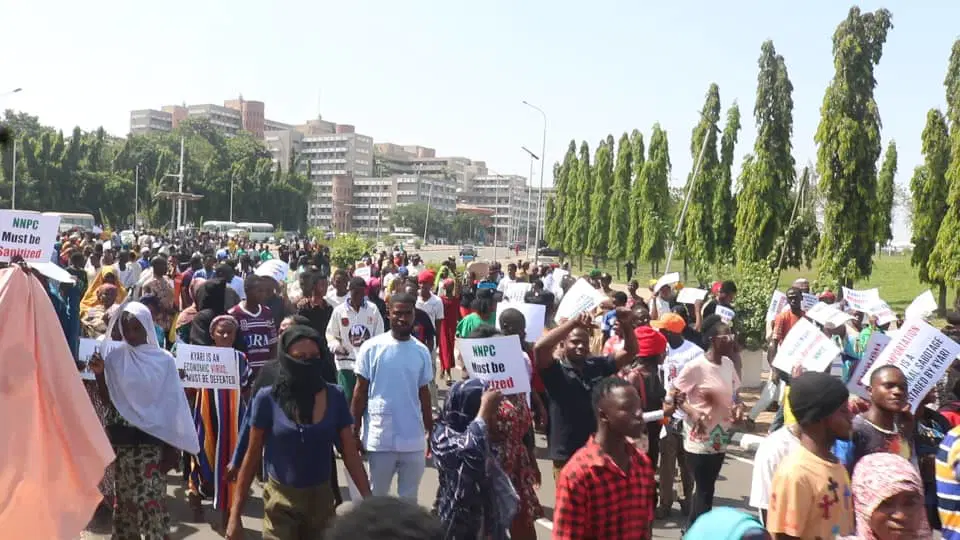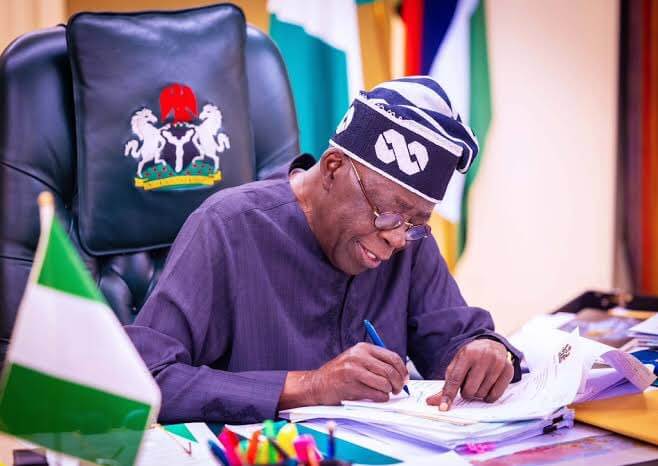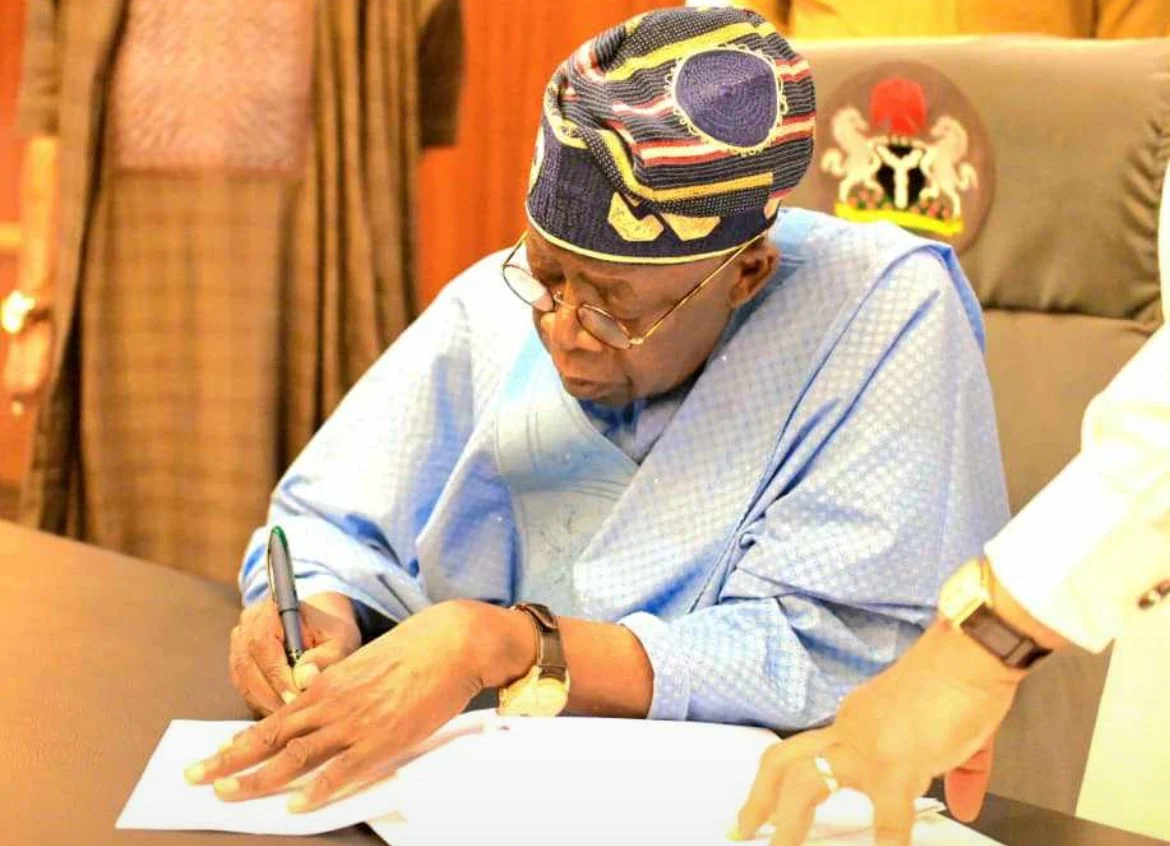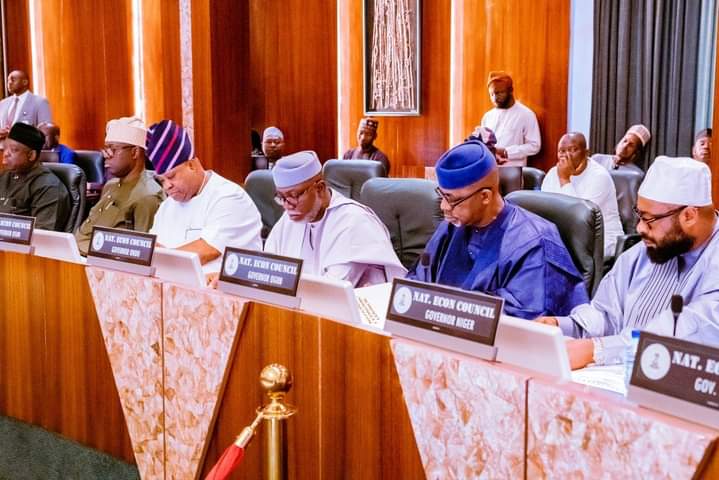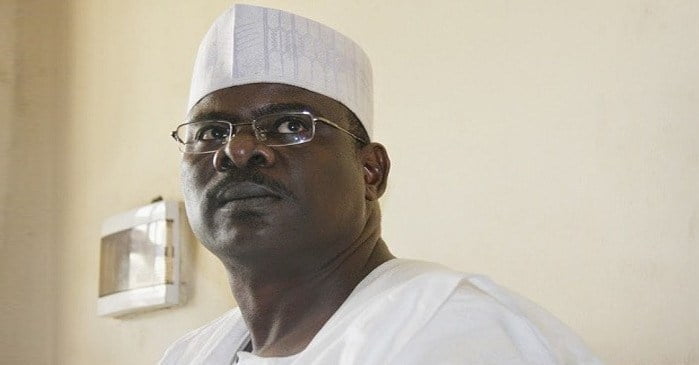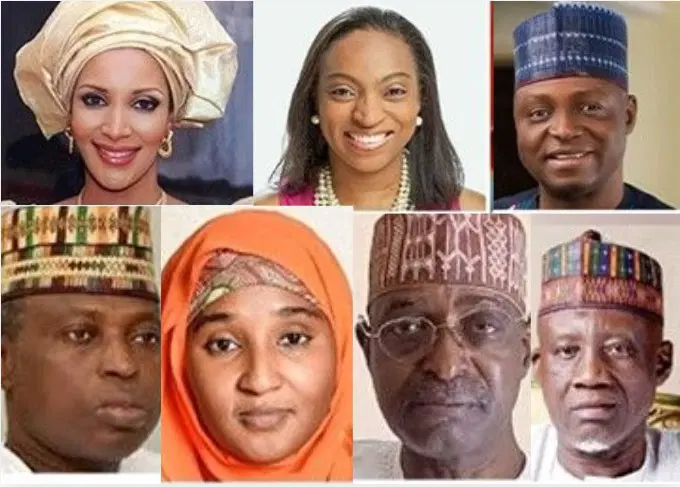Special Features
N77 Trillion Debt: Buhari’s Government And The 2023 ‘Budget Of Deficit’
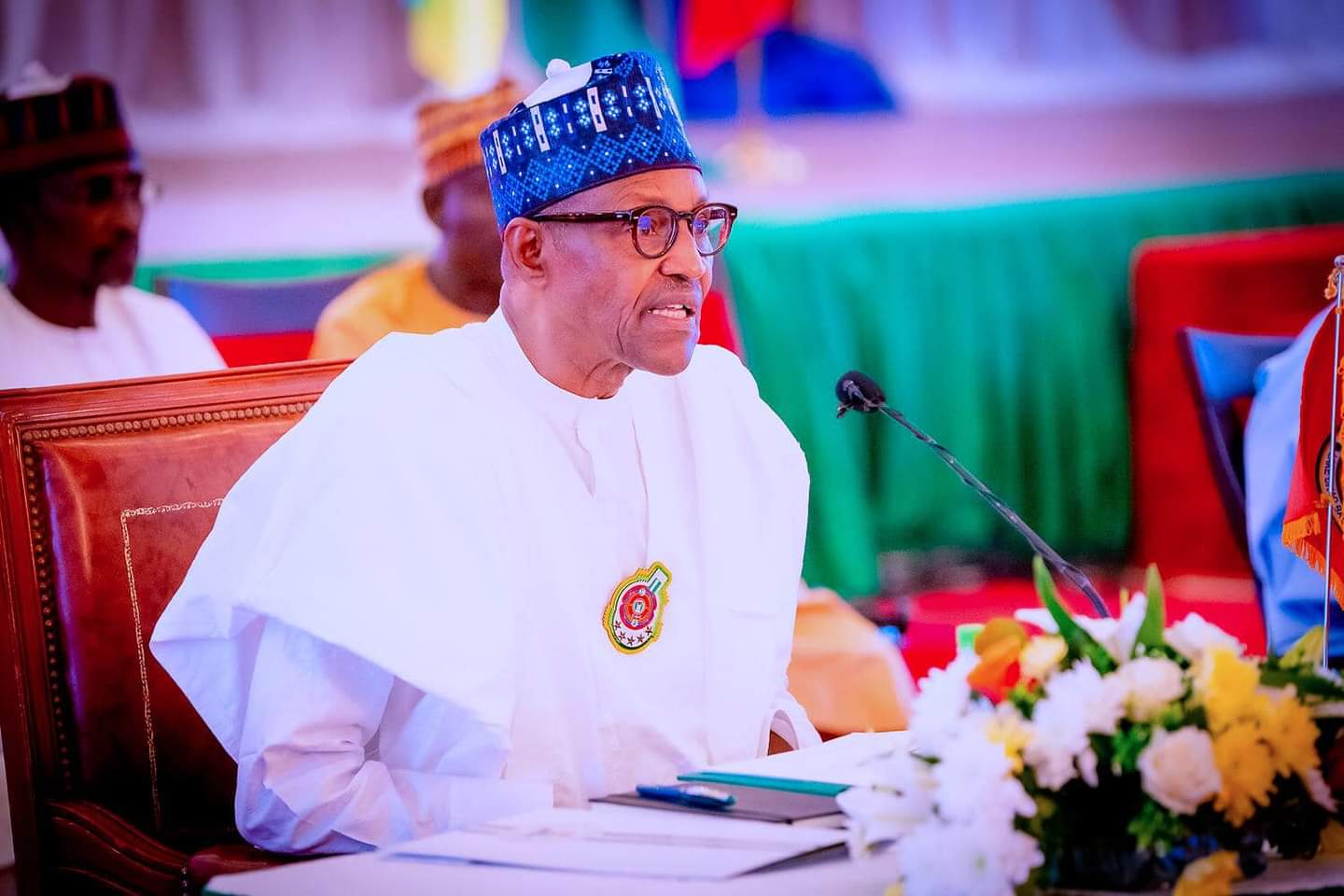
By Praise Ben
With a flourish of his pen, President Muhammadu Buhari etched his signature onto the eighth and final appropriation bill presented to him by his government. The bill, however, had not come without controversy, as the National Assembly had sent him estimates that were deemed ‘unreconciled’ and ‘spurious.’ But undeterred by the strife, Buhari marched forward, solidifying his government’s financial plans for the foreseeable future.
With a determined glint in his eye, President Muhammadu Buhari disregarded the legislature’s decision to inflate the budget by a staggering N1.32 trillion, a 6.1% increase to a grand total of N21.83 trillion. He signed the bill with the expectation that the legislature would join hands with his Minister of Finance, Budget, and National Planning, Zainab Ahmed, to iron out any discrepancies. Perhaps the federal government was driven by a sense of urgency to uphold its commitment to the January-December fiscal cycle, and this move was a step towards that end.
EDITOR’S PICKS
It’s becoming increasingly clear that Nigeria may be left without a budget for the upcoming fiscal year. The public presentation and breakdown of the highlights of the act have failed to provide a solid foundation for budget funding, leaving the nation in a state of uncertainty and peril. Without a stable financial plan in place, the future looks bleak for Nigeria.
As the Director General of the Debt Management Office (DMO), Patience Oniha stood before the audience, her words were heavy with the weight of the nation’s financial burden. She announced that the incoming administration, set to take over on May 29, will be faced with a daunting task – inheriting a staggering N77 trillion in debt. The sobering revelation was met with a mixture of shock and concern, as the enormity of the inherited debt loomed over the nation’s future.
As the news of the nation’s staggering debt was made public, one couldn’t help but notice the eerie silence from the presidential contenders on the campaign trail. Not a single one of them deemed it necessary to address this pressing issue or offer solutions for the ‘foreseen future.’ The administration’s attempt to address the problem with the 2023 budget only serves to remove sand from an already deep hole, digging the nation deeper into a financial abyss. The lack of response from those vying for leadership positions is alarmingly pathetic, leaving the nation’s financial future uncertain and precarious.
Speaking on this issue, the former Vice President of the World Bank described Nigeria’s economic situation as ‘tragic’. Taking to Twitter, Oby Ezekwesili wrote: “Total Expenditure is N21.83 Trillion. Total Revenue N9.73 Trillion — the Budget has a Deficit larger than Revenue by almost N12.00 Trillion! Tragic.”
The former education minister’s words cut through the confusion like a knife, slicing through the contradictions that top government officials were unable to reconcile while providing a budget breakdown. Their explanations all but confirmed that the incoming administration will be met with an empty treasury. Despite the crushing weight of the massive debt burden, the Finance Minister stated that the federal government had no plans for debt restructuring. The former minister’s remark served as a stark reminder of the dire financial situation and the lack of foresight from those in power.
With a steady voice, the speaker highlighted the various debt management tools employed by Nigeria to streamline the cost and risk profile in the debt portfolio. She spoke of the use of concessional loans, spreading out debt maturities to avoid bunching, and re-profiling debt maturities by refinancing short-term debt with long-term debt instruments. But as she spoke, it became clear that these very tools that were meant to steady the country’s financial footing had instead brought it to its knees. The gravity of the situation hung heavy in the air, as the audience grappled with the realization that the nation’s financial troubles were rooted in the very methods meant to alleviate them.

Minister of Finance, Zainab Ahmed
Minister Ahmed stood before the crowd, her words laced with determination as she outlined the government’s plan for the 2022 budget. She spoke of seeking non-oil sectors such as ICT and agriculture for additional revenue, to cover the 2023 budget. But as her words rang out, a nagging question hung in the air – if these industries were truly as profitable as she claimed, why was the 2022 budget facing a deficit in the first place? The Minister’s words seemed to be a band-aid solution to a much deeper problem, leaving the audience to question the government’s true commitment to financial stability.
As the Minister spoke with conviction about Nigeria’s transition away from being a mono-economy, a sense of incongruity lingered in the air. His words seemed at odds with President Buhari’s actions, as only moments before he had signed the appropriation bill, entrusting relevant agencies with ensuring that Nigeria fulfils its oil production quota. The nation’s dependence on oil was being reinforced, not phased out, leaving the audience to wonder if the government’s promises of diversification were nothing more than lip service. The Minister’s statement seemed to be disconnected from reality, leaving the audience to question the true intentions of the government.
As the Buhari administration presented the budget, a dark cloud hung over the proceedings. It had consistently violated the Fiscal Responsibility Act (FRA), which dictated that the fiscal deficit in the budget should not exceed 3% of yearly GDP. The Finance Minister’s solution? To work with the National Assembly to revise the act to allow for a larger deficit. But the question lingered, why break the law before thinking about changing it? It was as if the administration was flaunting its disregard for financial responsibility, leaving the nation’s financial future hanging in the balance.
Despite the violations of the Fiscal Responsibility Act, there is still hope for the nation’s finances. A shining beacon in the darkness, the Fiscal Responsibility Commission, funded by taxpayers, is tasked with the responsibility of stepping in and advising the government against such financial missteps. But with the government’s blatant disregard for the laws in place, one can’t help but wonder if the commission’s warnings will fall on deaf ears.
FURTHER READING
These infractions are driving the country’s economy to a ‘dead end,’ and the next government will have to put in extra effort to rebuild this sector and recover the country from outstanding debts.
Praise Ben writes for Eko Hot Blog. This media platform reserves all rights to this article.
Click here to watch our video of the week:
Advertise or Publish a Story on EkoHot Blog:
Kindly contact us at [email protected]. Breaking stories should be sent to the above email and substantiated with pictorial evidence.
Citizen journalists will receive a token as data incentive.
Call or Whatsapp: 0803 561 7233, 0703 414 5611


